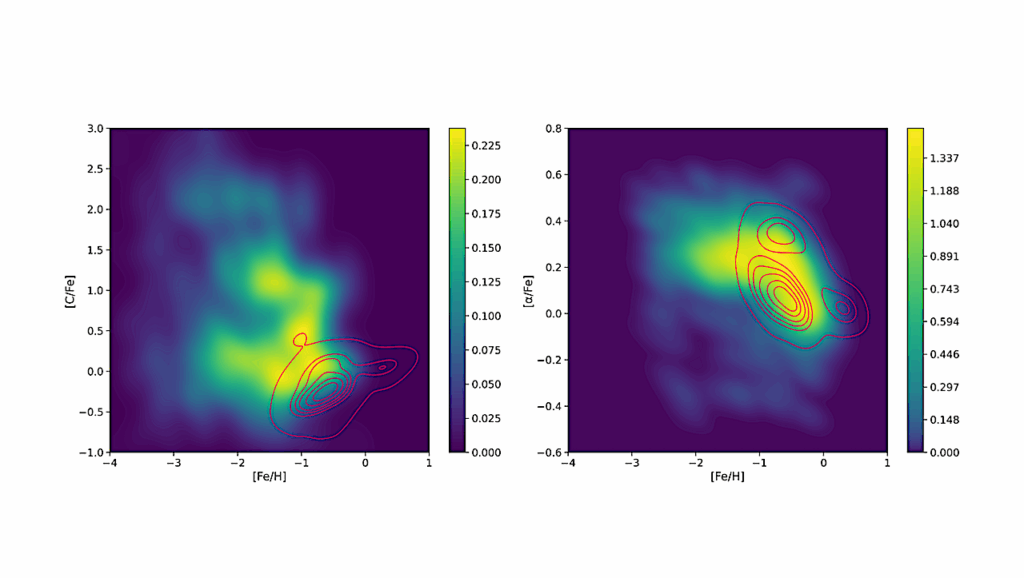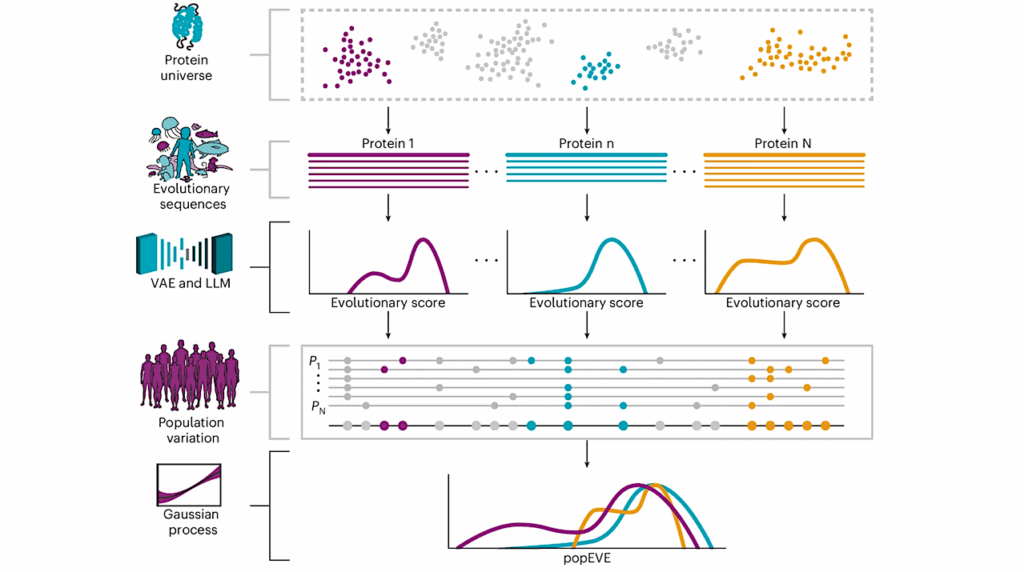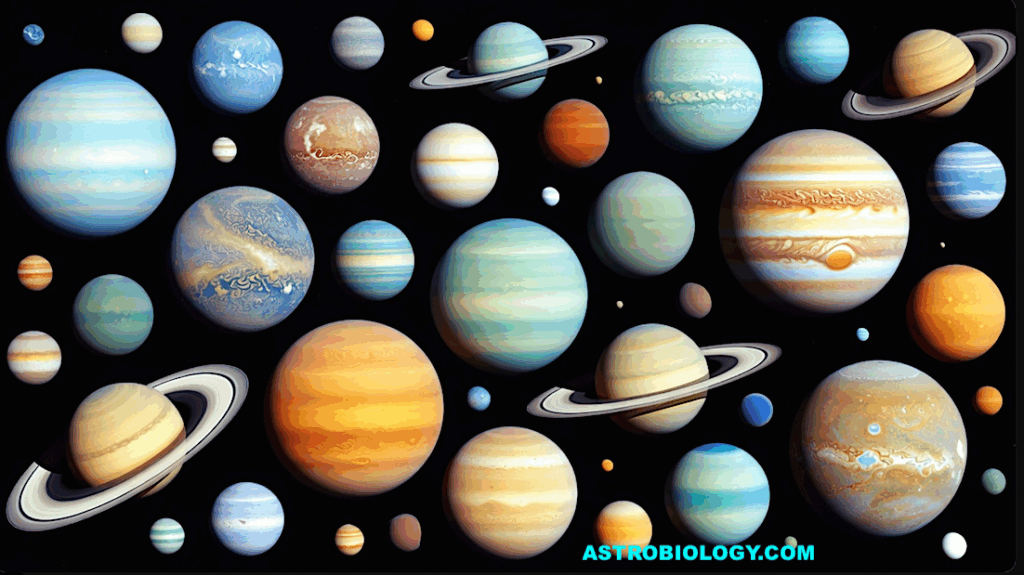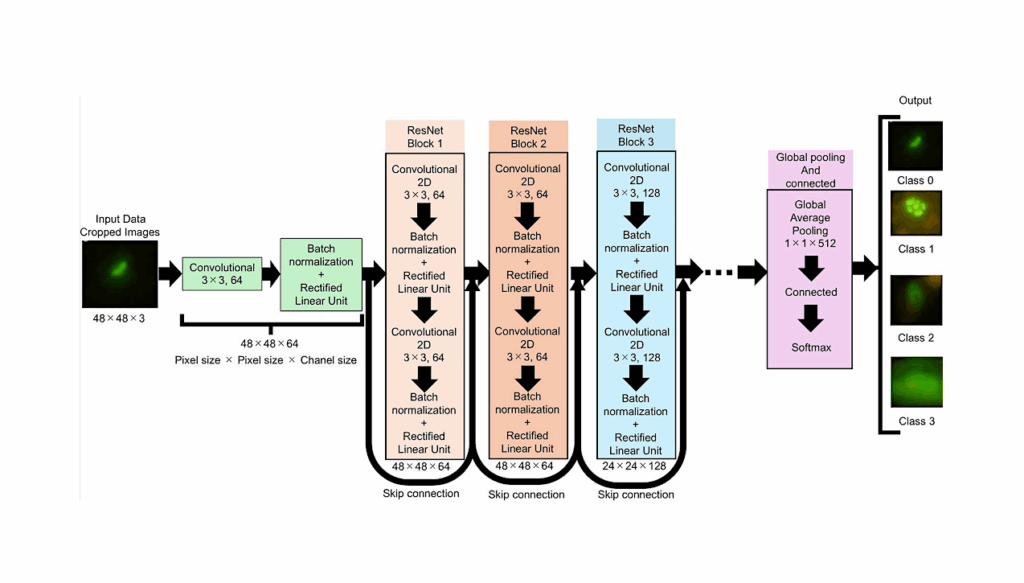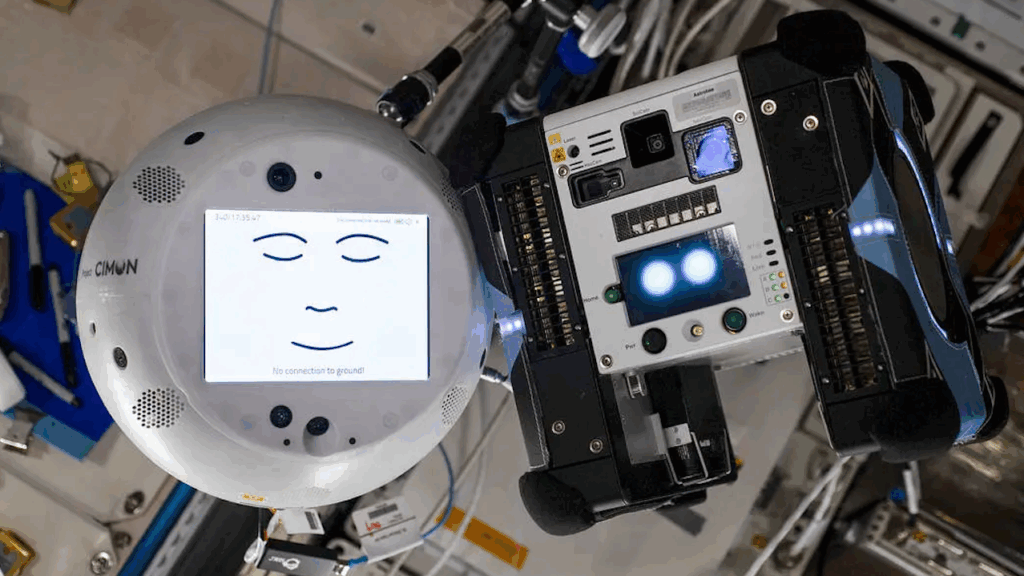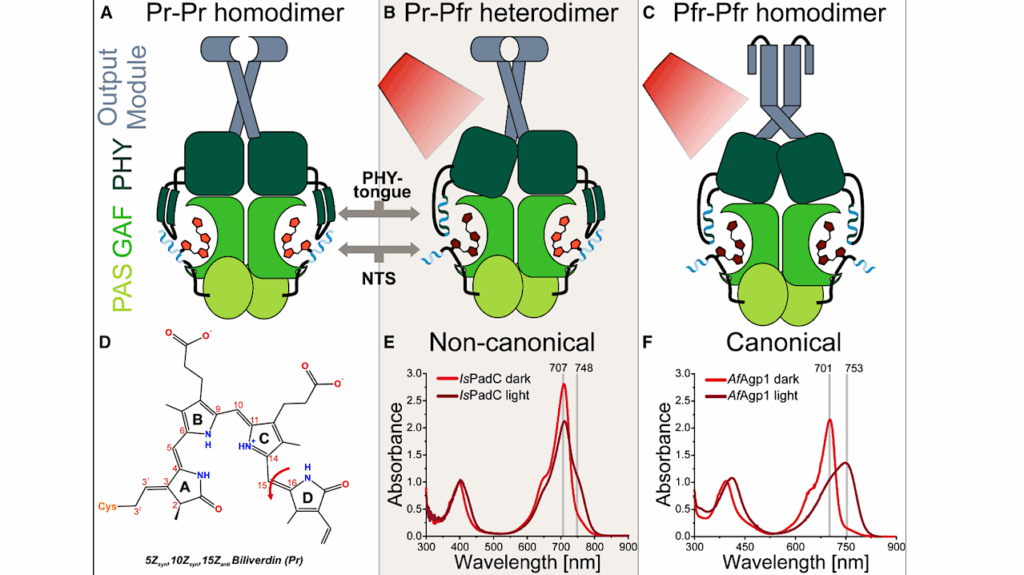Science Autonomy for Ocean Worlds Astrobiology: A Perspective

Astrobiology missions to ocean worlds in our solar system must overcome both scientific and technological challenges due to extreme temperature and radiation conditions, long communication times, and limited bandwidth.
While such tools could not replace ground-based analysis by science and engineering teams, machine learning algorithms could enhance the science return of these missions through development of autonomous science capabilities.
Examples of science autonomy include onboard data analysis and subsequent instrument optimization, data prioritization (for transmission), and real-time decision-making based on data analysis. Similar advances could be made to develop streamlined data processing software for rapid ground-based analyses.
Here we discuss several ways machine learning and autonomy could be used for astrobiology missions, including landing site selection, prioritization and targeting of samples, classification of “features” (e.g., proposed biosignatures) and novelties (uncharacterized, “new” features, which may be of most interest to agnostic astrobiological investigations), and data transmission.
https://ui.adsabs.harvard.edu/abs/2022AsBio..22..901T/abstract
Publication: Astrobiology, Volume 22, Issue 8, pp. 901-913
Pub Date: August 2022 DOI:
10.1089/ast.2021.0062
Astrobiology


